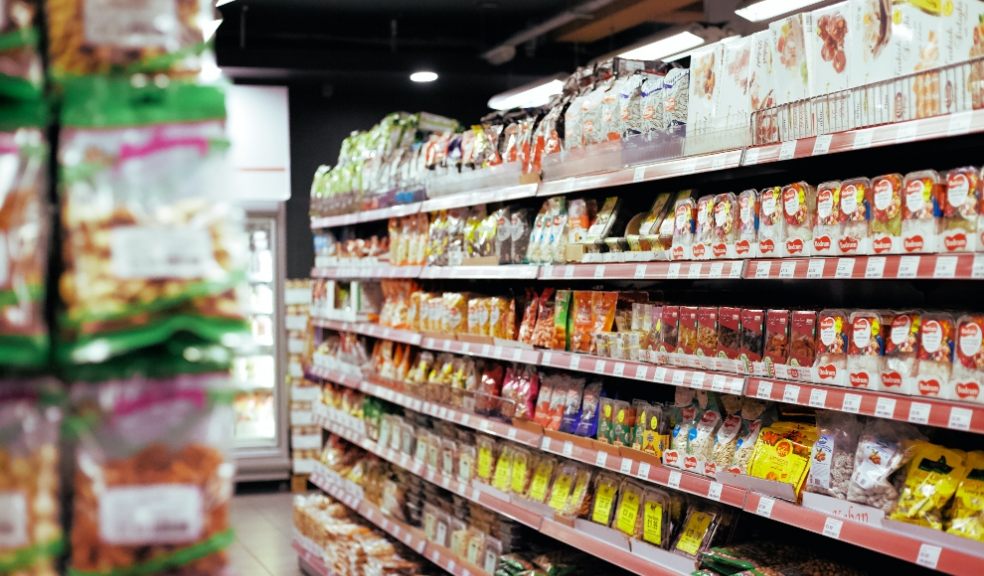
Manufacturers and supermarkets must do more to help consumers join refillable revolution
Which? is urging manufacturers and supermarkets to do more to make refillable products widely available and clearly labelled to help shoppers save money and the environment.
Refillable products are increasingly popular, but shoppers are struggling to find these environmentally friendly products on supermarket shelves and a lack of clear labelling means many consumers may be unaware that refills are available for personal care and cleaning products.
In a survey of more than 2,000 members of the public, Which? found that three-quarters (75%) were open to buying refillable products, but only a third (36%) of people had seen them on sale. Three in 10 (29%) also said difficulty finding refillable products was the main reason they had not purchased any in the last year.
Which? also analysed the packaging of 12 popular refillable personal care and home cleaning products and found the majority (9) did not have labels on the standard packaging indicating they could be refilled when they are finished.
Surprisingly for eco-friendly products, almost half (5) of the 12 lacked labels to inform customers whether the packaging of the original or refill was recyclable.
Just a third (4) of the sets of products analysed had packaging that could be fully recycled in most councils’ household collections. The refills for five products – Solimo Handsoap, Carex Handwash, L’Occitane Liquid soap, Method Hand Wash and Method Washing-up Liquid – came in flexible pouches that are notoriously difficult to recycle, although the standard packaging versions except the pumps could be recycled.
Though difficult to recycle, flexible plastic pouches can be better for the environment as they use less plastic and cut carbon emissions by taking up less space while being transported.
Carex claims its one-litre refillable pouch uses 85 per cent less plastic compared to four 250ml bottles and that one plastic Carex Handwash bottle needs the same amount of storage space as 28 pouches.
Which? found the 12 products analysed were almost invariably cheaper per millilitre compared to their original counterparts. Just one was the same price.
Ecover washing-up liquid offered the best saving for customers with its five-litre large bottles costing £10, while the 450ml original bottle costs £1.60 – this means customers could be saving 44 per cent per 100ml.
Consumers who regularly purchase L’Occitane’s Lavender Liquid Soap could also save 35 per cent per 100ml if they opt to buy its 500ml refill pouch, which costs £18, rather than its 300ml plastic bottle which costs £16.
Carex’s refillable one-litre pouch, which cost £2.85, was also 29 per cent cheaper per 100ml compared with its 250ml bottle, which costs £1.
The findings come as On-Pack Recycling Label, a not-for-profit organisation that provides standard recycling labels for grocery products in the UK, is launching a new label for refillable products to help consumers understand whether products can be refilled at home, in-store or should be sent back to the brand.
Which? is urging supermarkets and manufacturers to make refillable personal care and cleaning products more widely available to customers.
The consumer champion also wants to see recycling labels on all products so consumers are better informed on how to recycle the packaging they use. Brands should also indicate if their products are available as refills to help consumers save money and cut their plastic waste.
Michael Briggs, Head of Sustainability at Which?, said:
“Our research shows there is demand and savings to be had for consumers who switch to refills. However, many shoppers have trouble finding them on supermarket shelves and a lack of clear labelling means consumers may be unaware that a refillable option is available.
“Which? is calling on brands and supermarkets to make refillable products more widely available to customers. Recycling labels should also be provided on all grocery products so that people know how they can responsibly dispose of the items they use.”













